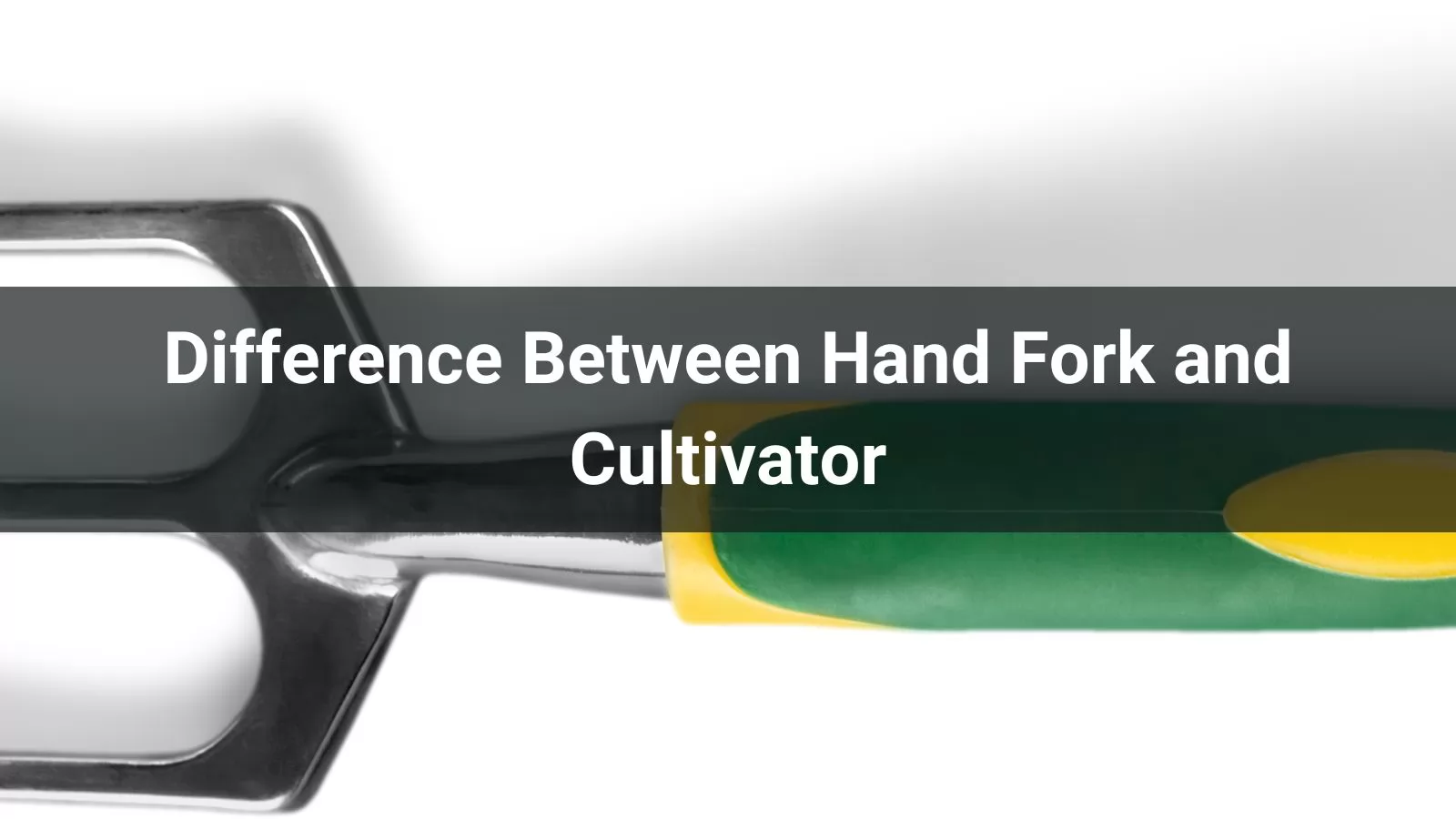
When it comes to gardening, the variety of tools available can be overwhelming, yet each tool serves a unique purpose. Among these, hand forks and three-prong cultivators stand out as essential tools. While both are used to maintain healthy soil and prepare garden beds, they differ in design, popularity, and usage. This guide explores their key differences, helping gardeners choose the right tool for their needs.
|
Aspect |
Hand Fork |
Three-Prong Cultivator |
|---|---|---|
|
Design |
Shaped like a dining fork, with straight prongs. |
Features curved, finger-like prongs. |
|
Popularity |
Preferred in European countries; commonly used. |
Popular in the United States; widely utilized. |
|
Functionality |
Best for precise digging, loosening soil, and removing gravel by prizing the soil. |
Ideal for back-and-forth motions to loosen soil and remove weeds. |
|
Usage Style |
Insert into soil and lift to loosen or dig. |
Grasp and pull soil with a raking motion. |
The hand fork resembles a small fork you might find on a dining table. Its straight, sturdy prongs are ideal for penetrating the soil and prying it apart. On the other hand, the three-prong cultivator is designed to mimic the curvature of fingers, making it effective for raking or "grasping" the soil. This difference in design not only affects functionality but also the way the tool is handled.

Interestingly, gardening habits and tool preferences vary by region. The hand fork is a staple in European gardens, valued for its versatility and ease of use. Meanwhile, the three-prong cultivator dominates American gardens, thanks to its efficiency in covering larger areas and handling heavier soil types.
Both tools are multi-functional, capable of:
Loosening compacted soil.
Weeding around plants.
Digging small holes for planting.
Removing small stones or debris.
However, their methods differ. The hand fork excels in focused, small-scale tasks such as loosening soil around delicate plants. The three-prong cultivator, with its broader reach, is better suited for larger areas and repetitive motions, such as aerating soil.
Whether you’re preparing soil for planting, managing weeds, or maintaining a beautiful garden, selecting the right tool is key. Many gardeners opt for a garden toolset, which often includes both hand forks and cultivators. By doing so, you can cover a wider range of gardening tasks.
Wheat Straw Hand Tools Set: Sustainable, lightweight, and eco-friendly, perfect for environmentally-conscious gardeners.
Wood Handle Garden Tools Set: Durable and ergonomic, providing a classic feel with long-lasting performance.
If budget constraints arise, consider selecting tools based on user preference in your region. For European gardeners, a hand fork may be indispensable, while American gardeners might favor the three-prong cultivator.
Offering tools as part of a comprehensive gardening set simplifies the decision-making process for customers. These sets provide convenience and a professional touch, making them an excellent choice for both beginners and seasoned gardeners.
By including a variety of tools, such as shovels, transplanters, hand forks, and cultivators, these sets cater to diverse gardening needs. Plus, they’re a time-saving option for customers who want everything in one purchase.
Understanding the differences between a hand fork and a three-prong cultivator empowers gardeners to choose the right tools for their specific tasks. While both tools are invaluable, their unique designs and functionalities make them suited for different applications. By offering versatile and high-quality gardening toolsets, you can ensure customers have everything they need for a flourishing garden.
Whether you’re a casual gardener or a professional, having the right tools at your disposal makes all the difference. Consider investing in a tailored toolset that includes these essential items to elevate your gardening experience.




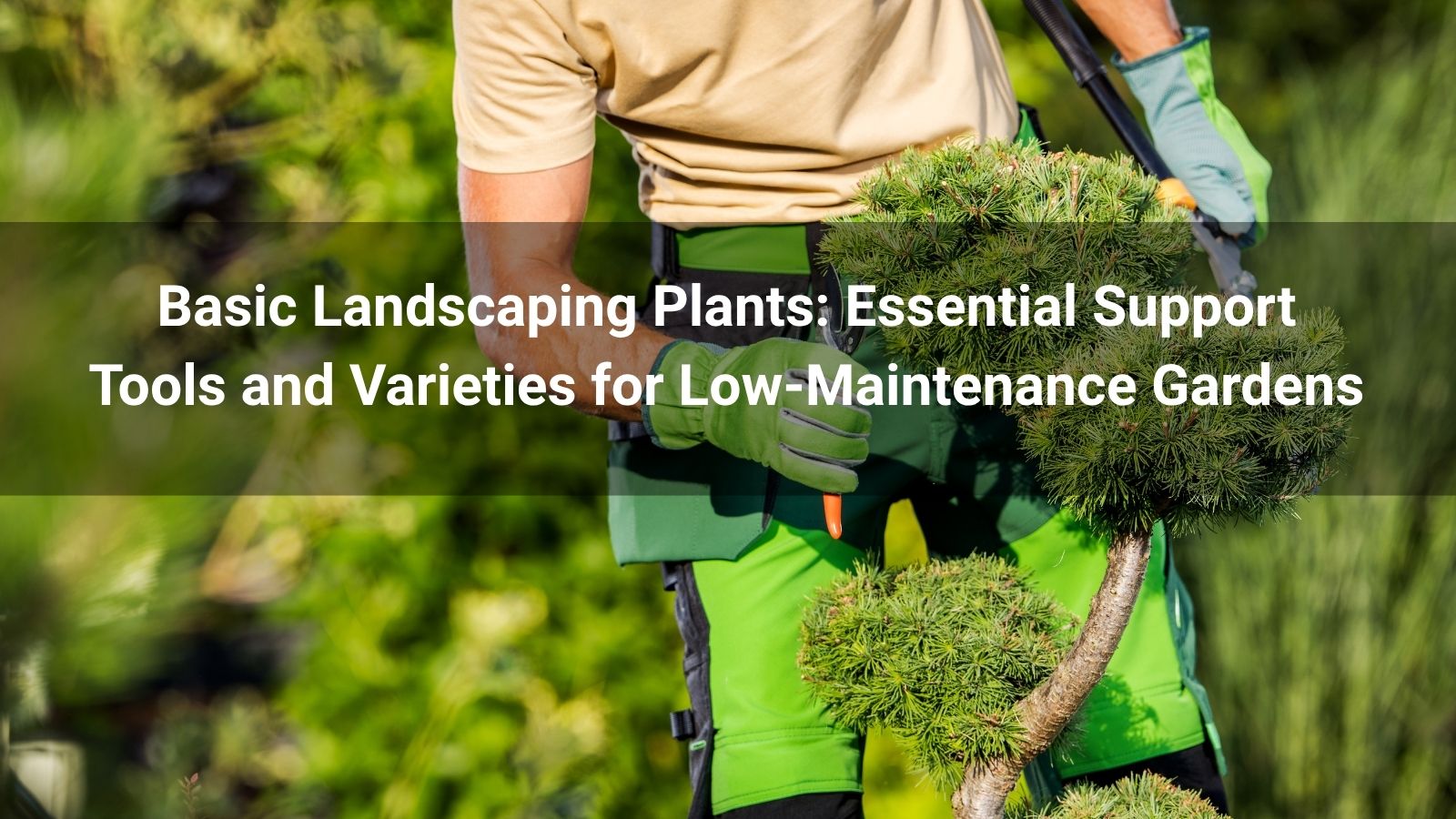

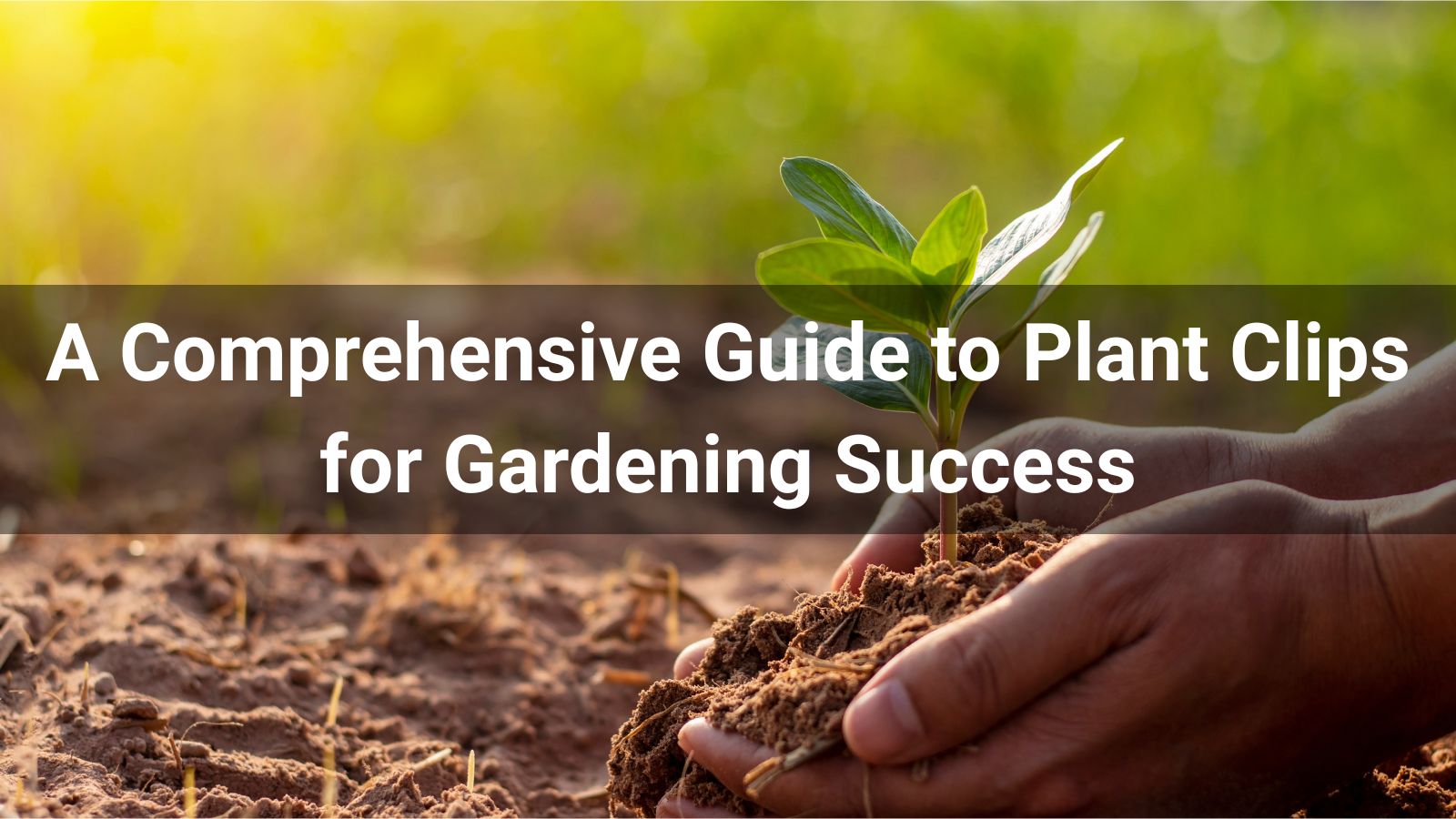

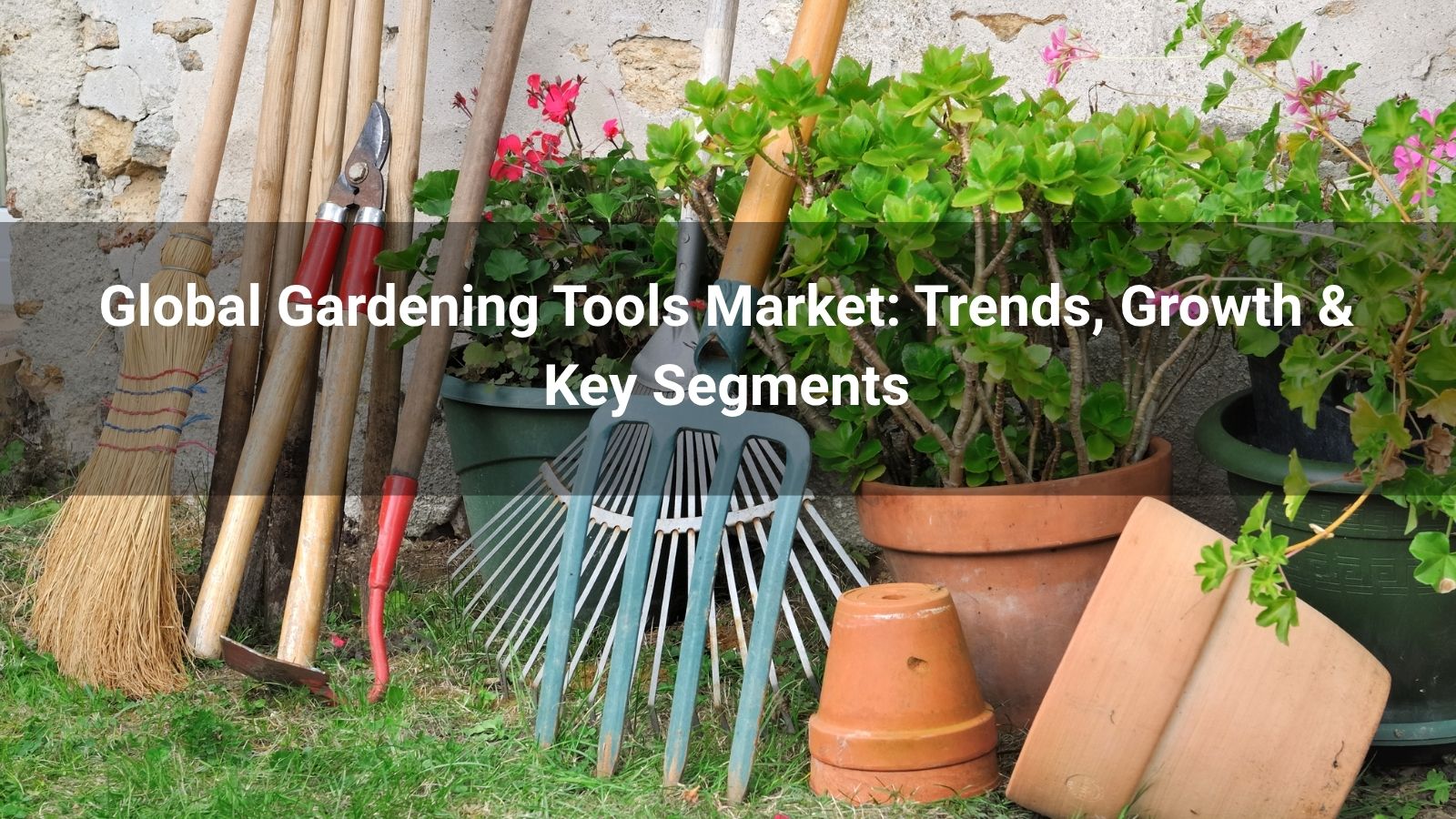

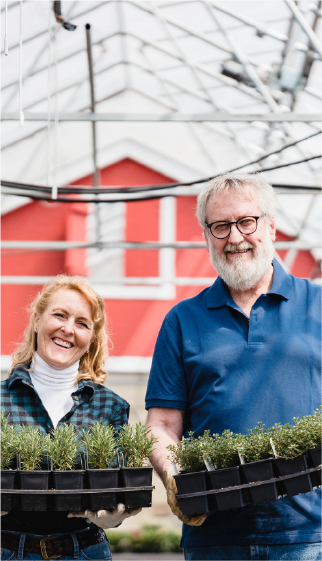
We use cookies to make the website work, to provide advanced features, social media and traffic analysis, and we use analytics and third-party advertising cookies. If you choose to click "Deny All", you will retain the default setting of not allowing the use of cookies or other tracking tools other than technical tools.



